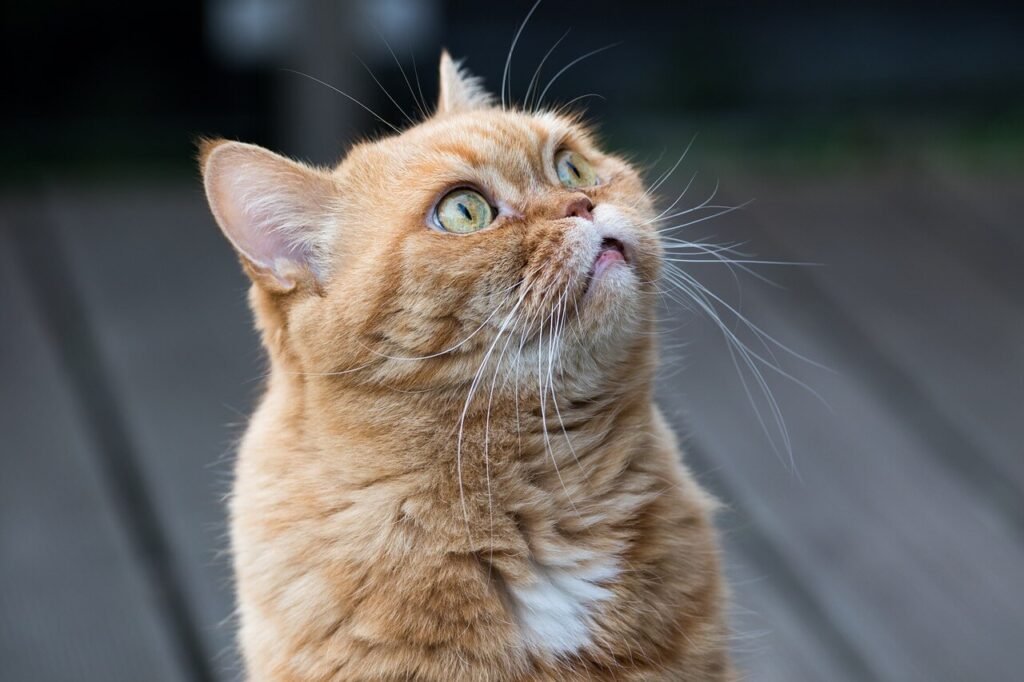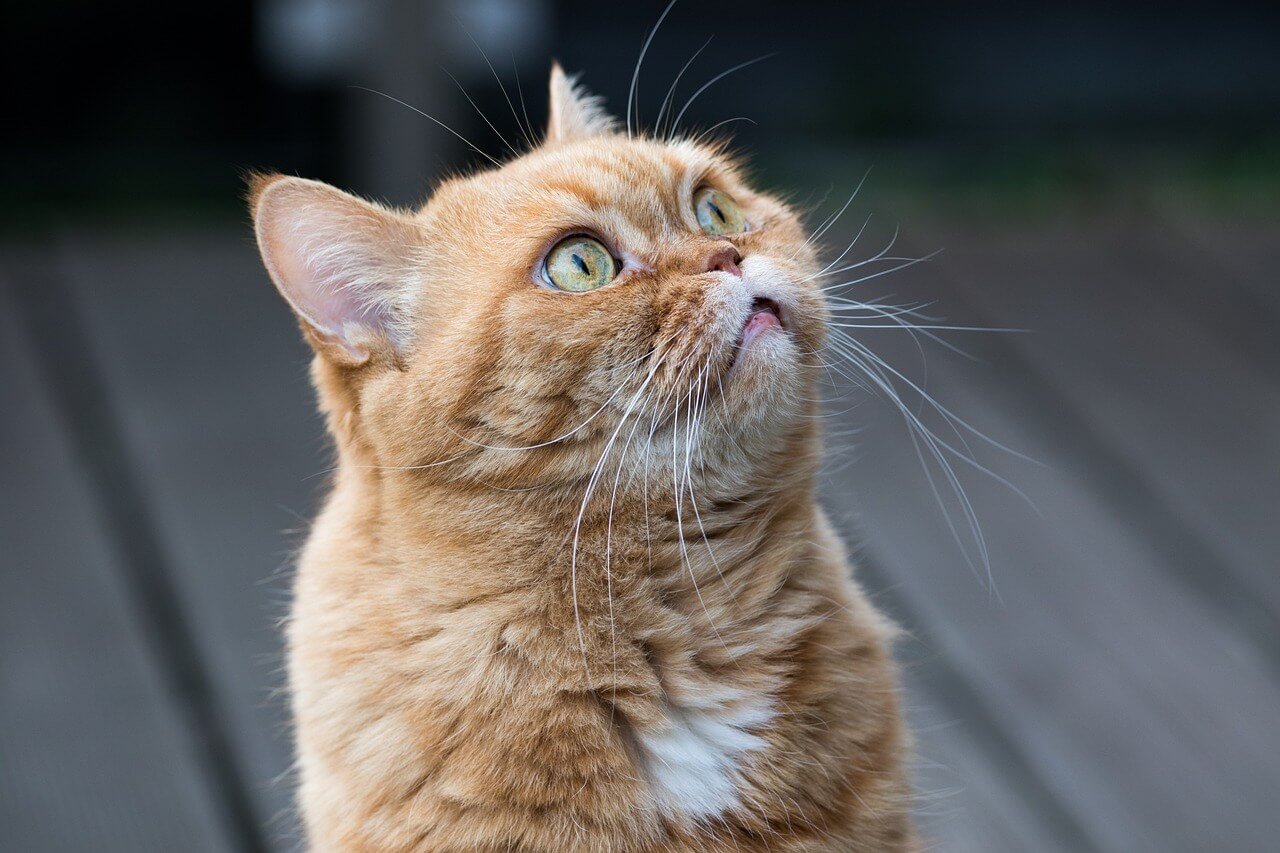Why Is My Cat Tired After Vaccines? Understanding the Reaction
Vaccinations are a vital part of keeping your cat healthy, but it’s not uncommon for pet owners to notice their furry friend feeling unusually tired after receiving shots. If your cat seems lethargic or less active than usual following a vaccine appointment, don’t panic—this is often a normal and temporary reaction. Vaccines work by stimulating your cat’s immune system, which can leave them feeling a bit under the weather for a short time.
In this blog post, we’ll explore why cats may feel tired after vaccines, what other symptoms to watch for, and how you can support your feline companion during this period. Let’s dive in and ensure you’re equipped with all the information you need to care for your cat post-vaccination.
Common Reasons Cats Feel Tired After Vaccines
It’s completely normal for cats to experience mild side effects after receiving vaccines, and fatigue is one of the most common reactions. Here’s why your cat might feel tired after their shots:
Immune System Activation
Vaccines stimulate the immune system to build protection against diseases, which can temporarily drain your cat’s energy.Mild Fever
Some cats develop a low-grade fever after vaccines, contributing to feelings of lethargy and exhaustion.Body’s Natural Response
Just like humans, cats may feel tired as their body works to process the vaccine and mount an immune response.Stress from the Vet Visit
The trip to the vet and the vaccination process itself can be stressful, leaving your cat feeling worn out afterward.Injection Site Discomfort
Soreness at the injection site can make your cat less inclined to move around or engage in activities.
While these reasons are generally harmless, understanding them can help you recognize that your cat’s tiredness is likely just a temporary phase. Most cats bounce back within a day or two.
Other Symptoms to Watch For After Vaccination
In addition to tiredness, cats may exhibit other mild side effects after receiving vaccines. While these symptoms are usually nothing to worry about, it’s important to monitor your cat closely. Here’s what to look for:
Reduced Appetite
Your cat may eat less than usual, but they should regain their appetite within 24-48 hours.Mild Swelling at the Injection Site
A small lump or swelling where the vaccine was administered is common and typically resolves on its own.Sneezing (for Intranasal Vaccines)
If your cat received an intranasal vaccine, sneezing or mild nasal discharge might occur.Limping or Stiffness
Occasionally, cats may experience temporary lameness due to inflammation near the injection site.Behavioral Changes
Your cat might seem more withdrawn or irritable as their body adjusts to the vaccine.
These symptoms are usually mild and short-lived. However, if they persist or worsen, it’s important to consult your veterinarian for further guidance.
Check this guide 👉How Much Are Cat Vaccines? Best 7 Health Tips!
Check this guide 👉Understanding the FVRCP Cat Vaccine: Best 7 Health Tips!
Check this guide 👉Why Is My Cat Not Eating After Vaccination? Best 7 Tips!

Common Post-Vaccine Symptoms in Cats | When to Contact Your Vet |
|---|---|
Lethargy | Persistent tiredness lasting more than 48 hours |
Reduced appetite | Refusal to eat for over 24 hours |
Mild swelling at injection site | Swelling that grows larger or becomes painful |
Sneezing (intranasal vaccines) | Difficulty breathing or severe nasal discharge |
Behavioral changes | Aggression, confusion, or unusual vocalization |
How to Comfort Your Cat After Vaccines
Helping your cat recover comfortably after their vaccinations can make a big difference in how quickly they bounce back. Here are some practical tips to support your feline friend:
Provide a Quiet Space
Allow your cat to rest in a calm, familiar environment away from noise and disturbances.Offer Fresh Water
Ensure your cat has access to plenty of fresh water to stay hydrated, especially if they’re eating less.Monitor Their Behavior
Keep an eye on your cat’s activity levels and overall demeanor to ensure they’re improving.Avoid Overstimulation
Give your cat space and avoid encouraging play or physical activity until they feel better.Check the Injection Site
Gently examine the area where the vaccine was administered for signs of excessive swelling or irritation.
By providing extra care and attention, you can help your cat recover faster and minimize any discomfort they may feel. Remember, patience is key!
When to Seek Veterinary Attention After Vaccines
While most post-vaccine reactions are mild and resolve on their own, some symptoms warrant immediate veterinary attention. Knowing when to seek help ensures your cat receives timely care if needed. Here’s what to watch for:
Severe Lethargy
If your cat is completely unresponsive or unable to get up, contact your vet immediately.Difficulty Breathing
Labored or rapid breathing could indicate an allergic reaction or another serious issue.Persistent Vomiting or Diarrhea
Frequent vomiting or diarrhea may signal a more severe reaction to the vaccine.Swelling of the Face or Paws
Facial swelling or swollen paws can indicate an allergic reaction requiring urgent treatment.High Fever
A dangerously high fever (indicated by hot ears or lethargy) should not be ignored and requires prompt attention.
If you notice any of these symptoms, don’t hesitate to reach out to your veterinarian. Early intervention can prevent complications and ensure your cat’s safety.
Tips for Reducing Stress Before and After Vaccines
Reducing stress can make the vaccination process smoother for your cat and minimize post-vaccine fatigue. Here are some practical tips to help keep your cat calm:
Use a Comfortable Carrier
Choose a well-ventilated carrier with soft bedding to make your cat feel safe during the trip to the vet.Bring Familiar Items
Include a favorite blanket or toy in the carrier to provide comfort and familiarity.Stay Calm Yourself
Cats can sense their owner’s emotions, so staying relaxed can help keep them at ease.Reward Good Behavior
Offer treats or gentle praise after the vet visit to create positive associations.Plan Shorter Trips Ahead of Time
Practice short car rides before the appointment to help your cat get used to traveling.
By minimizing stress, you can reduce the likelihood of excessive tiredness and help your cat recover faster. A little preparation goes a long way!
Fun Facts About Cat Vaccines and Their Benefits
Vaccines play a crucial role in keeping cats healthy and preventing serious diseases. Here are some interesting facts about cat vaccines and why they’re so important:
Vaccines Train the Immune System
Vaccines mimic infections, teaching the immune system how to fight off real diseases effectively.Core Vaccines Are Essential
Core vaccines, like those for rabies and feline distemper, protect against life-threatening illnesses.Vaccines Have Saved Millions of Lives
Thanks to widespread vaccination, many once-common feline diseases are now rare.Booster Shots Maintain Protection
Regular booster shots ensure your cat’s immunity remains strong throughout their life.Vaccines Protect Humans Too
Some diseases, like rabies, can be transmitted from cats to humans, making vaccines critical for public health.
These fun facts highlight the incredible impact of vaccines on feline and human health. They remind us why vaccinations are such an essential part of responsible pet ownership.
Signs Your Cat Is Fully Recovered After Vaccines
Knowing when your cat has fully recovered from the effects of vaccines can give you peace of mind. Here are signs that indicate your cat is back to their normal self:
Return to Normal Energy Levels
Your cat resumes their usual playful behavior and curiosity about their surroundings.Restored Appetite
They start eating their meals with the same enthusiasm as before the vaccines.No Visible Discomfort
There’s no sign of limping, stiffness, or irritation around the injection site.Engagement with Family
Your cat seeks attention, cuddles, or playtime, showing they feel comfortable and happy.Normal Grooming Habits
They groom themselves regularly, indicating they feel well enough to maintain their hygiene.
If you notice these signs, it’s a good indication that your cat has fully recovered. Celebrate this milestone by giving them extra love and affection—they’ve earned it!
Frequently Asked Questions About Cats Feeling Tired After Vaccines
Is it normal for my cat to sleep a lot after vaccines?
Yes, increased sleepiness is a common and normal reaction as your cat’s body adjusts to the vaccine.
How long will my cat feel tired after vaccines?
Most cats return to their normal energy levels within 24-48 hours after vaccination.
Should I be worried if my cat isn’t eating after vaccines?
A temporary decrease in appetite is normal, but contact your vet if your cat refuses food for more than 24 hours.
Can vaccines cause long-term tiredness in cats?
No, prolonged lethargy is rare and may indicate an underlying issue—consult your vet if it persists.
Are there ways to prevent tiredness after vaccines?
While you can’t prevent it entirely, ensuring your cat is relaxed and well-hydrated can help them recover faster.
Supporting Your Cat Through Post-Vaccine Recovery
Feeling tired after vaccines is a normal and expected reaction for many cats as their bodies adapt to the immune boost provided by the shots. By understanding the reasons behind this fatigue and knowing how to care for your cat during their recovery, you can ensure they remain comfortable and healthy. Always keep an eye on your cat’s behavior and symptoms, and don’t hesitate to seek veterinary advice if anything seems unusual. With love, patience, and proper care, your cat will soon be back to their playful, energetic self. Remember, vaccines are a crucial step in protecting your cat’s health, and the temporary tiredness is a small price to pay for lifelong protection.
Do Cats Have Taste Buds? Best 7 Expert Tips! – Discover how cats experience flavors and why their taste is so unique.
Do Dogs Have Taste Buds? Best 7 Expert Tips! – Discover how dogs experience taste, their preferences, and what it means for their diet and health.
Can Cats Taste Sweet? Best 7 Expert Tips! – Discover why cats can’t taste sweetness, how it affects their diet, and tips to keep them healthy and happy.
Can Dogs Taste Sweet? Best 7 Expert Tips! – Discover how dogs perceive sweetness, which foods are safe, and tips to manage their sweet cravings responsibly.





